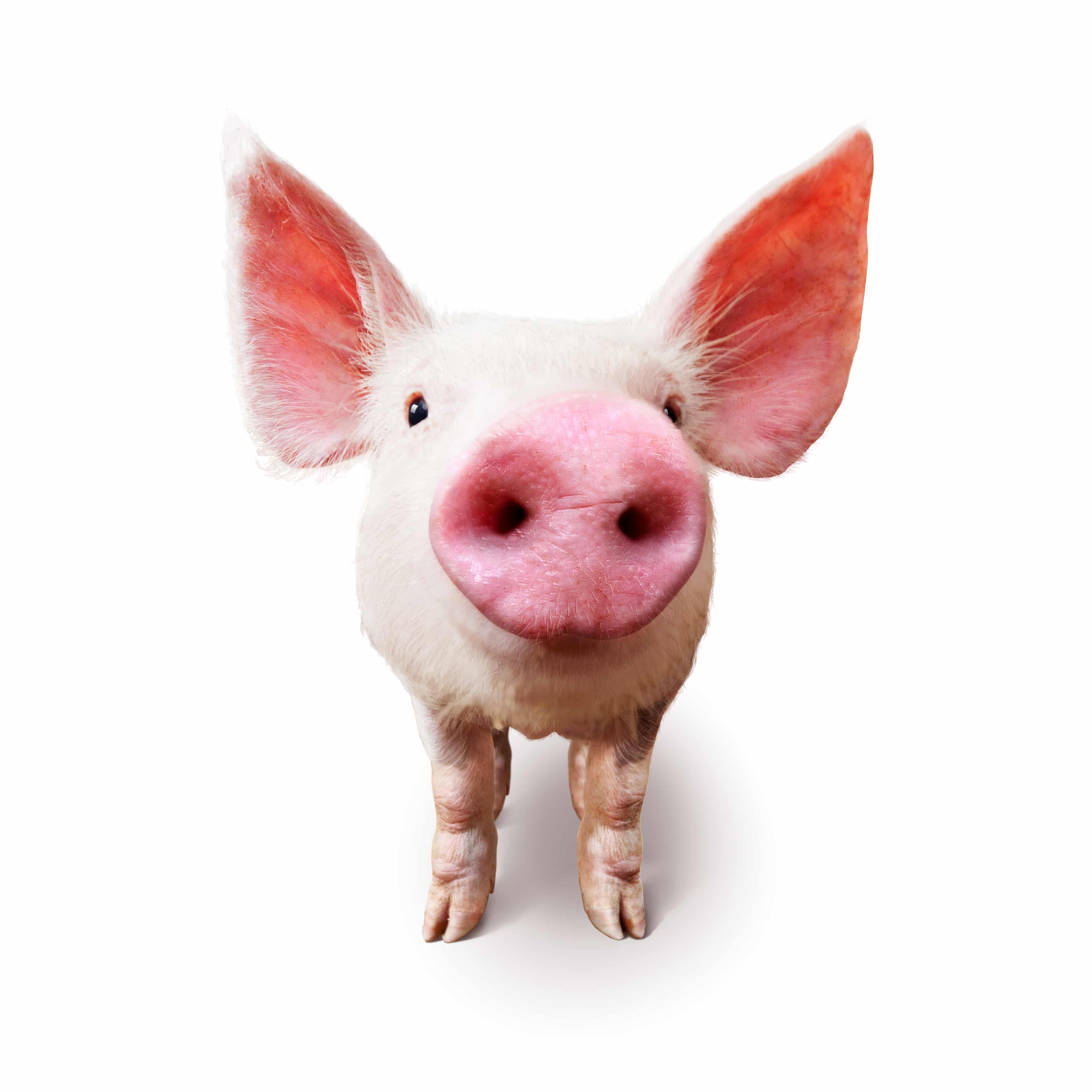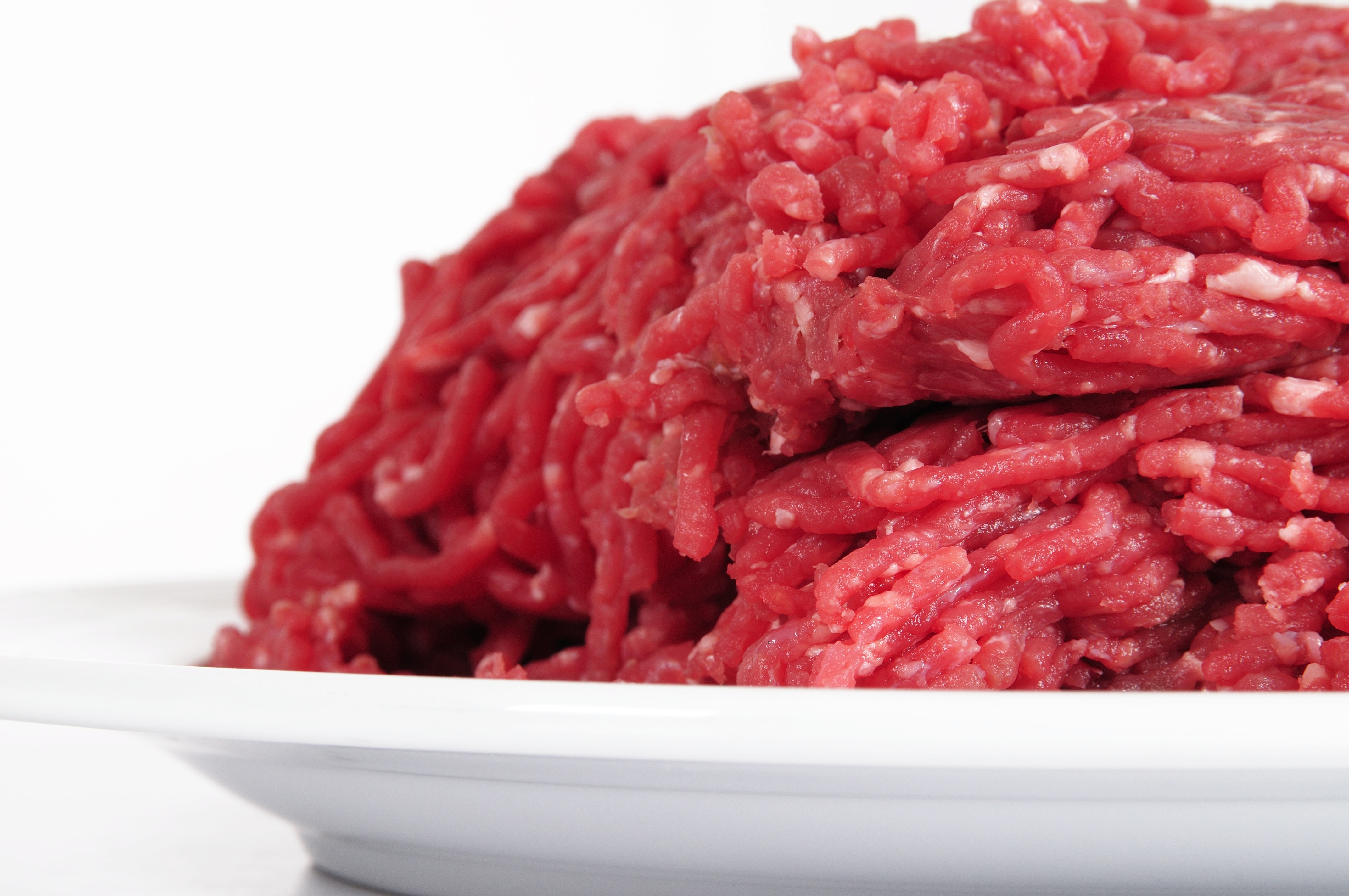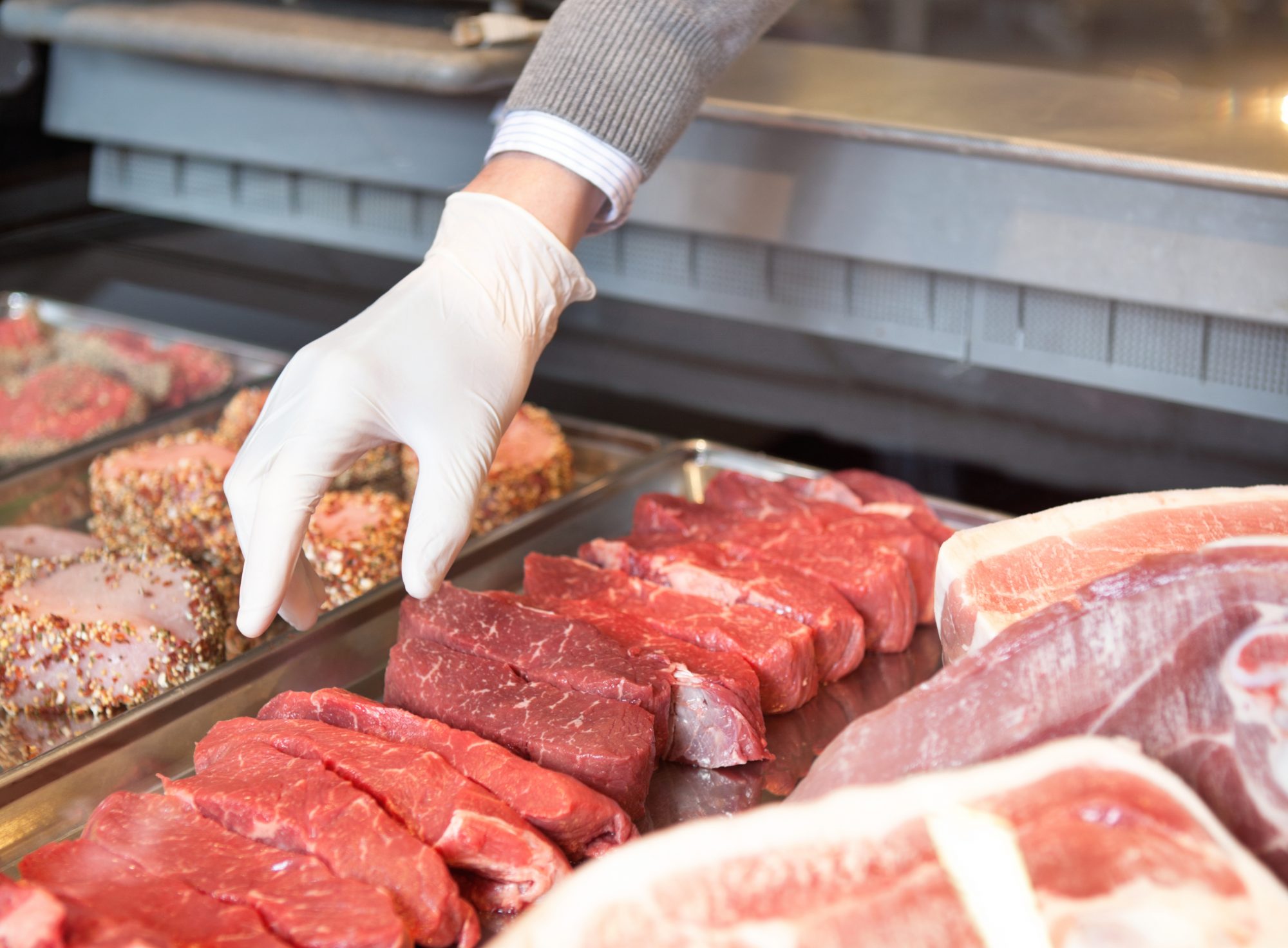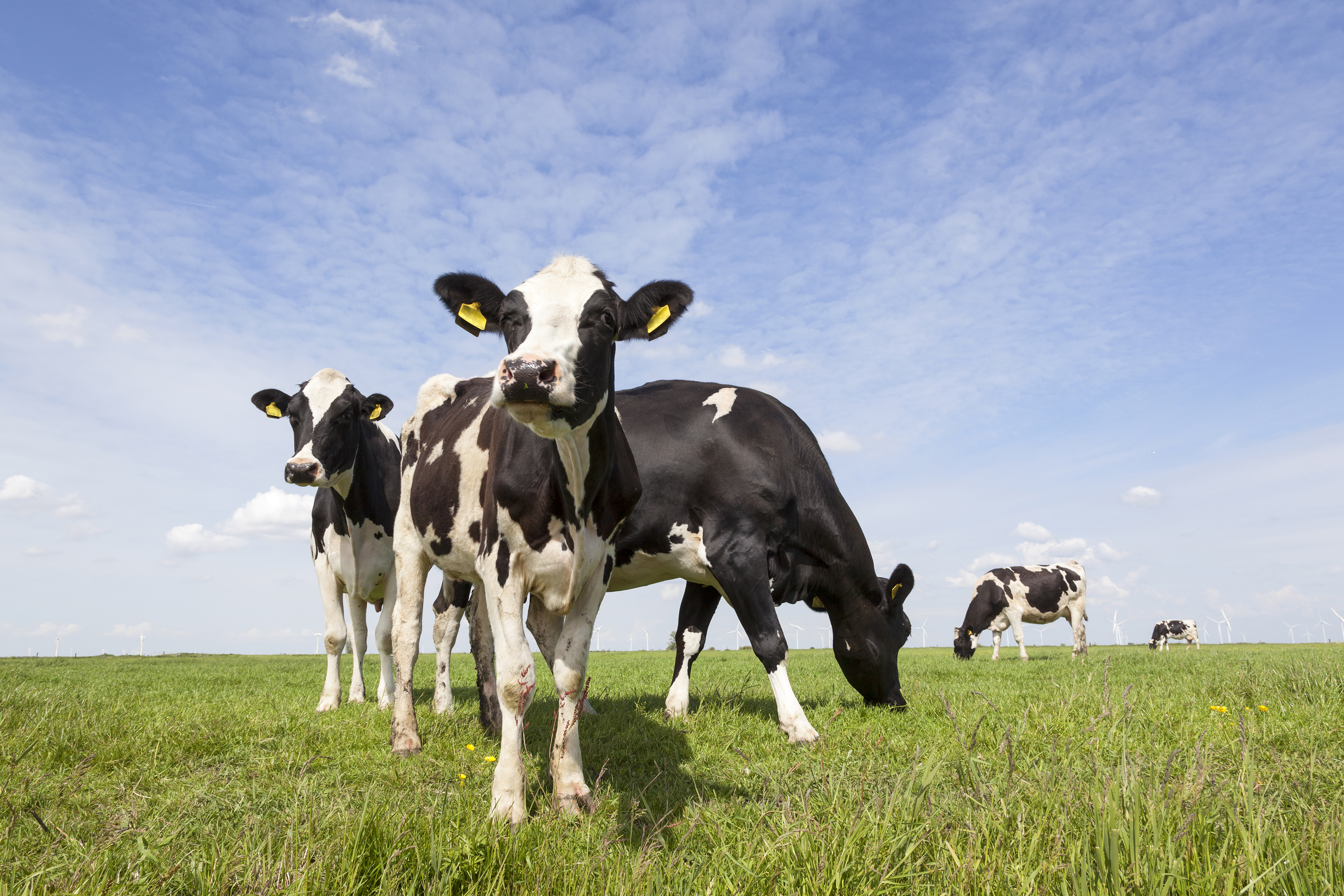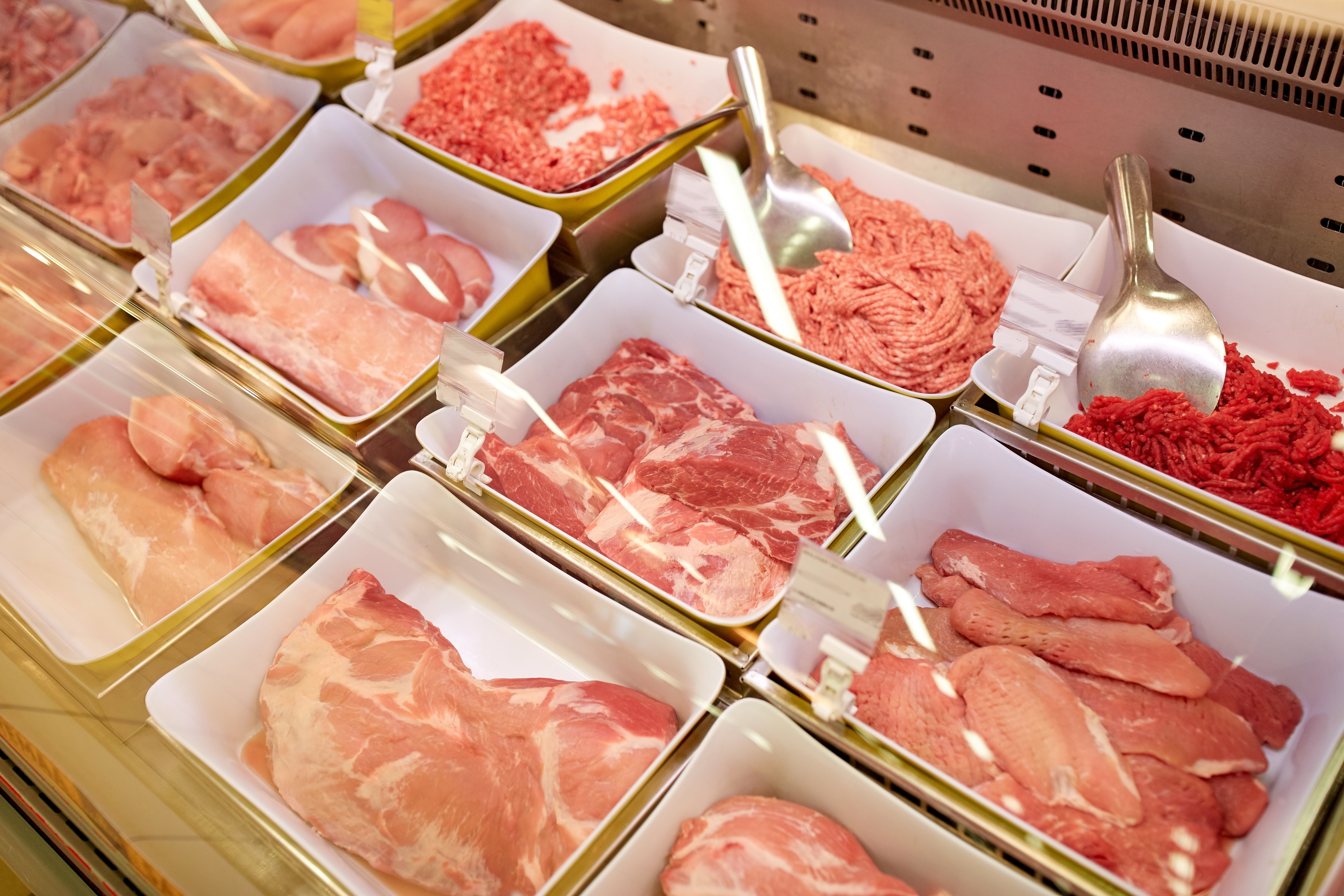fjfnewswp2324234234342019-04-11T16:04:49+00:00Consumers want “natural” meat—and the biggest meat companies want to sell it to them.
American shoppers are reaching for healthier, more environmentally and animal-friendly meat products, with 39 percent saying “all-natural” is the most important claim when purchasing red meat, according to a recent survey by Mintel. But there’s one problem: The U.S. Department of Agriculture says that when it comes to meat and poultry, the term “natural” means only that the product has no artificial ingredients and has been minimally processed.
It doesn’t mean anything when it comes to antibiotics, hormones or preservatives.
Companies such as Tyson Foods Inc., Pilgrim’s Pride Corp. and Hormel Foods Corp. have been snapping up smaller, outwardly progressive competitors in the burgeoning organic food space, seeking to capitalize on changing consumer tastes. At the same time, however, some of the major meat companies have been offering their own products as “natural,” replete with labels featuring blue skies and green fields.
On April 8, the Superior Court of the District of Columbia—a jurisdiction with stringent consumer protection laws—dismissed a lawsuit by the Animal Legal Defense Fund (ALDF) alleging Hormel was misleading consumers. The court held that as long as manufacturer labels are approved by the USDA, the advertising can use the “natural” claims. “[I]f a producer can accurately use a term in a label,” the court wrote, “the producer should be able to use the same term in its advertising.”
Hormel said in its most recent quarterly filing that its “Natural Choice” line of meats “showed excellent growth.” But in a 600-plus-page court filing in January, in which Hormel responded to the ALDF lawsuit, the company disclosed how it makes some of its Natural Choice products, as well as its perception of what consumers think they’re buying.
In statements disclosed in the filing, a company executive said the same pigs it uses to make its famous Spam brand meat product are also used in Natural Choice pork products. Those pigs are often given antibiotics and are rarely allowed outdoors.
“It’s a massive attempt to manipulate and dupe the consumer to purchase something they have no intention to purchase,” said David Muraskin, a food project attorney at Public Justice and lead lawyer for ALDF. The group said it plans to appeal the April 8 ruling.
“Our position has always been that Hormel Natural Choice products are produced, labeled, and marketed in conformance with all applicable laws and regulations,” Hormel said in a statement. “The USDA’s Food Safety and Inspection Service has specifically reviewed and approved the labels for Hormel Natural Choice branded products, including scrutinizing and approving the ‘Natural’ and ‘Preservative’-related language.”
Internally, Hormel employees questioned whether they were meeting consumer expectations, specifically around antibiotics, according to the court filing. The company’s director of marketing said in an email quoted in the document that “many consumer[s] assume Natural=RWOA [Raised Without Antibiotics].” Hormel stated in the filing that she was “simply making an observation.”
Consumer comments cited in the court filing often focused on the “no preservatives” claims, with one stating, for example, “We love your [Natural Choice] meats, my husband is allergic to nitrates, so thankful for your products …” Hormel stated that, at most, “the commenter purchased Natural Choice products because of the taste and because the commenter’s husband had no allergic reaction.”
Some of the natural ingredients used as preservatives in Natural Choice products are high in nitrates.
“There’s a difference between what’s legal and what’s ethical,” Nikolas Contis, a senior partner at brand consultant PS212, said of the Natural Choice marketing. “I think it’s unethical. They know the words are misleading.” Hormel on Wednesday rejected Contis’s assertion, saying it disagrees with “any implication that the advertising or labeling for the Hormel Natural Choice brand is misleading.”
Many animals raised for meat in the U.S. spend their lives in conventional indoor agricultural systems, receiving antibiotics and sometimes growth promoters. While this isn’t what most consumers likely envision as “natural,” it’s a system that allows them to eat as much beef, pork, turkey and chicken as they want—no matter where they live or the time of year.
According to the court filing, Hormel executives said that these practices are deployed at the independent farms raising their animals, and that there is no difference between those raised for Spam and those destined for Natural Choice. (Hormel’s Applegate brand, a small organic label it purchased in 2015, was not at issue in the lawsuit.)
There is “no separate manner in which the pigs raised for Hormel Natural Choice products are versus any other of Hormel’s products, so Spam or any lunchmeat or bacon product,” Corwyn Bollum, Hormel’s director of pork procurement, said in a deposition cited in the court filing. That means only a “fairly small percent” of the pigs slaughtered for Natural Choice had any outdoor access, he said. Some pigs used in Natural Choice products received antibiotics and/or the growth promoter, ractopamine, according to other statements cited in the filing.
And it’s not just the pigs: “Hormel Foods acknowledges that some cattle that [sic] used in Natural Choice beef products receive hormones,” the company wrote in the filing.
It also stated that turkeys used in Natural Choice products may receive antibiotics.
Antibiotics are administered to livestock to prevent disease, though the practice has been linked to a growing public-health crisis of antibiotic resistance in humans. Producers are supposed to allow enough time between the administration of antibiotics and the slaughter of the animal, such that the drugs have been flushed from its system, said Colin Johnson, a swine specialist with the Iowa Pork Industry Center in Ames, Iowa. He added, though, that trace amounts of some antibiotics remain legal.
Then there’s ractopamine, a drug that changes animal metabolism to make the meat leaner and heavier. The drug is banned in China, Russia and the European Union, and tests of its safety for humans are limited. In the U.S. and dozens of other countries, however, the drug is legal to use. American pork producers reduced their usage after China’s ban in 2011, since they look to that market for significant exports.
“I’d assume ‘natural’ wouldn’t have ractopamine,” Johnson said, though he added that the substance isn’t harmful to humans.
“Antibiotic residues are very uncommon,” Hormel said in a statement. “If our testing indicates a positive, that raw material is not used in our food production and does not enter the food chain.”
The advertising claims about preservatives, like “no preservatives or artificial ingredients” and “no nitrates or nitrites added,” are also misleading, ALDF alleged in its original complaint in 2016. On its website, after its “no preservatives” claim, Hormel adds the statement “except for those naturally occurring in cultured celery and cherry powder.”
Celery juice powder is naturally high in nitrates. Additionally, many Natural Choice items also contain lactic acid starter, a bacterial culture. The Center for Science in the Public Interest said bacterial cultures convert the nitrates into sodium nitrite, a meat preservative it warns should be avoided because studies link its consumption by children and pregnant women to cancer. (CSPI for this reason specifically advises consumers to be wary of “natural” hot dogs and cured meats boasting of “no added nitrite.”)
“We continue to stand behind Hormel Natural Choice products,” Hormel said in its statement. “Hormel Natural Choice products are minimally processed and contain no artificial ingredients or chemical preservatives, and that’s clearly stated on the package.”
